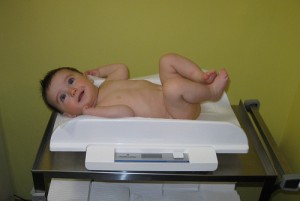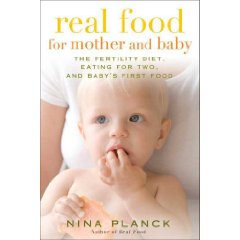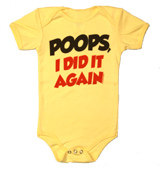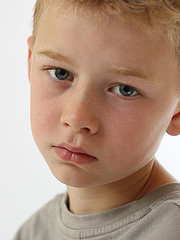
How Much Weight Do You Put In Your Child’s BMI?
 At our son’s 4 year old check-up in June, our pediatrician dropped a bombshell on us… “he’s obese”. How on earth could this perfectly healthy child with easily viewable ribs be obese? Our pediatrician suggested that we see a nutritionist and get the situation “under control”. We walked out of the appointment baffled by the thought of our thin child being obese.
At our son’s 4 year old check-up in June, our pediatrician dropped a bombshell on us… “he’s obese”. How on earth could this perfectly healthy child with easily viewable ribs be obese? Our pediatrician suggested that we see a nutritionist and get the situation “under control”. We walked out of the appointment baffled by the thought of our thin child being obese.
After talking to other friends who use the same pediatrician, I found that this was almost a common diagnosis. We compared our children and all agreed that they look healthy. Not too thin, not too thick… just right. (And truthfully, we are the kind of friends who would say if things appeared differently!) I couldn’t for the life of me figure out how this diagnosis could apply to these kids. They were healthy, active kids!
Then it dawned on me… Body Mass Index (BMI), the way in which obesity is measured, measures height to weight proportions. It does not take into account muscle mass. While most children aren’t teeming with bulging muscles, they can have significant muscle mass. I take this to be a huge flaw in the overall diagnosing process. BMI also does not take into account a growth spurt. Some children gain weight and then grow in height and even out.
Of course, we have taken steps to try and reduce Andrew’s overall weight, as with his diabetes he is more prone to developing other life-threatening conditions later in life, but now we are just amazed at how thin he looks.
And then there is the flip-side… “they are too thin”. Two of my friends have been criticized in their parenting because their children are by nature exceptionally thin. They are healthy children, but just tend to be very thin, even when mom tries shoving cupcakes down their throats to get them where they are “supposed” to be.
My friends and I have all come to the same conclusion: while we trust and look to our pediatricians for support and guidance, there are just sometimes that we feel we need to throw their medical expertise out the window and trust our own parental instincts as to what is right and wrong for our children.
Have you had a similar experience? How did you handle it? Do you feel comfortable at times not following your pediatrician’s recommendations?
Photo Courtesy of webchicken
Share the fun: Email + Del.icio.us + Digg + Technorati


 I recently read Nina Planck’s book
I recently read Nina Planck’s book 
 I began motherhood as a parent of a child with special needs. I really don’t know what parenting is like without having children with medical concerns and special needs. What I do know is that I view motherhood as one of the most beautiful gifts I have received. My children are beautiful creations and through them God has placed some amazing people in my life. My dearest, closest friends are friends I have made or become closer to after becoming a mother. I often have struggled with feeling as though I have been loved much more than I am capable of reciprocating because these people in my life can love like no one else I’ve ever met.
I began motherhood as a parent of a child with special needs. I really don’t know what parenting is like without having children with medical concerns and special needs. What I do know is that I view motherhood as one of the most beautiful gifts I have received. My children are beautiful creations and through them God has placed some amazing people in my life. My dearest, closest friends are friends I have made or become closer to after becoming a mother. I often have struggled with feeling as though I have been loved much more than I am capable of reciprocating because these people in my life can love like no one else I’ve ever met. 
 Earlier this week, Christy shared ideas for
Earlier this week, Christy shared ideas for  Everyone has dealt with it and every one of us will deal with our children being constipated at some point in their young lives. We all know how miserable it is to not be able to go and when our children are hurting, we can feel helpless. As I type this, my 4 year old is miserably walking around squatting, grunting, and looking simply pathetic. (We have struggled with potty training, especially with going poo-poo in the potty, but when he’s constipated, all bets are off and the potty isn’t an option.)
Everyone has dealt with it and every one of us will deal with our children being constipated at some point in their young lives. We all know how miserable it is to not be able to go and when our children are hurting, we can feel helpless. As I type this, my 4 year old is miserably walking around squatting, grunting, and looking simply pathetic. (We have struggled with potty training, especially with going poo-poo in the potty, but when he’s constipated, all bets are off and the potty isn’t an option.)



